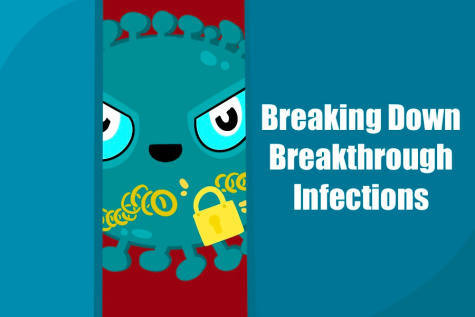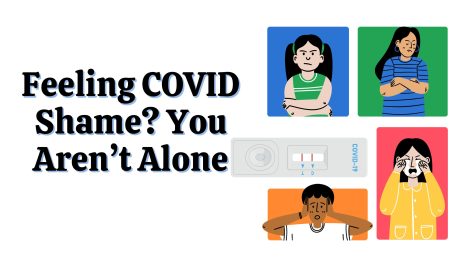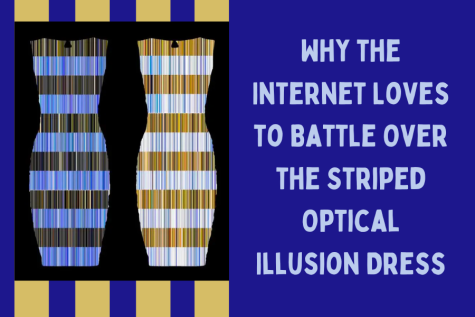Hooray for Hayday: Why We’re Addicted to Mobile Games
It comes as no surprise that mobile games can become easily addictive. The bright colors and sound effects of the game draw you in, and you feel a burst of happiness every time you pass a new level or gain a new power-up. It’s completely natural for us humans to fall into the trap of video games and lose ourselves to a virtual world without knowing how much time we killed. However, there are pros and cons to these mobile games that may not be so obviously noticed.
The addictive component of mobile games is attributed to the dopamine we feel when we win. “Mobile games like Candy Crush are particularly addictive because everything shuffles and changes and then you level up so if you have any competitive nature, you can feel successful,” says Dr. Lisa Strohman, a clinical psychologist, and author/founder of the Digital Citizen Academy. “The [mobile gaming] industry knows that, so they take highly engaging colors and sounds and create a classical conditioning loop that increases the dopamine rewards push.” According to former Google design ethicist Tristan Harris, features like “pull to refresh” were inspired by slot machines and other casino games. These features are meant to keep the brain hooked on the screen. We don’t want to put down the device because we are always anticipating the next update, whether it’s a game notification or a text. Also similar to casino games, many mobile games involve a certain aspect of gambling that allows players to take risks and get lucky and as a result, feel more in control. The technology industry is aware of our easy attachment to the feeling of winning and purposely designs games that play into our innate competitiveness.
One unexpected advantage to mobile games is that while the games being distracting may often be seen as a negative, the distraction can actually be helpful to some. Dr. Joseph F. Chandler, assistant professor of psychology at Birmingham-Southern College notes that people with anxiety disorders can be particularly attracted to the distraction of mobile games: “When you have a diagnosed anxiety disorder, a major symptom is hypervigilance — being hyper tuned to your surroundings. Slipping through time with something pleasurable can be very inviting.” Being able to escape to a new world may be useful in calming the mind if one feels overwhelmed with reality!
The drawbacks of being attached to games/phones are that phone addiction can lead to sleep deficiency, lowered concentration, creativity blocks, anxiety and stress, loneliness, and psychological disorders. It is important to understand that your brain cannot handle looking at a screen 24/7. You can silence your notifications if you know you are inclined to open your phone or game app each time you see a notification. Setting limits and boundaries for yourself may be difficult, but it will help build healthy habits and likely improve your mental health.
In many ways, phones and mobile games are bad for our health despite the ways they entice us and provide an escape. Covid-19 has definitely affected the rise of mobile game addiction as people of all ages turned to games as a cure for their boredom or loneliness. Getting hooked on a game may make you happier at the moment, but is not the healthiest in the long run. Next time you feel the urge to open up Pokemon Go, Hayday, Clash of Clans, or any other game, keep in mind how easy it is for you to slide into and get stuck in an artificial game world.
Works Cited:
“Phone Addiction: Warning Signs and Treatment.” Addiction Center, 17 Dec. 2021, www.addictioncenter.com/drugs/phone-addiction/
“Why Mobile Games Are so Addicting – and How to Reclaim Your Time.” NBCNews.com, NBCUniversal News Group, www.nbcnews.com/better/lifestyle/why-mobile-games-are-so-addicting-how-reclaim-your-time-ncna1031266













nicole zhou • May 11, 2022 at 3:17 pm
yo this article kinda rocks !
adviser • May 11, 2022 at 3:20 pm
Thanks Nicole! We think so too:)